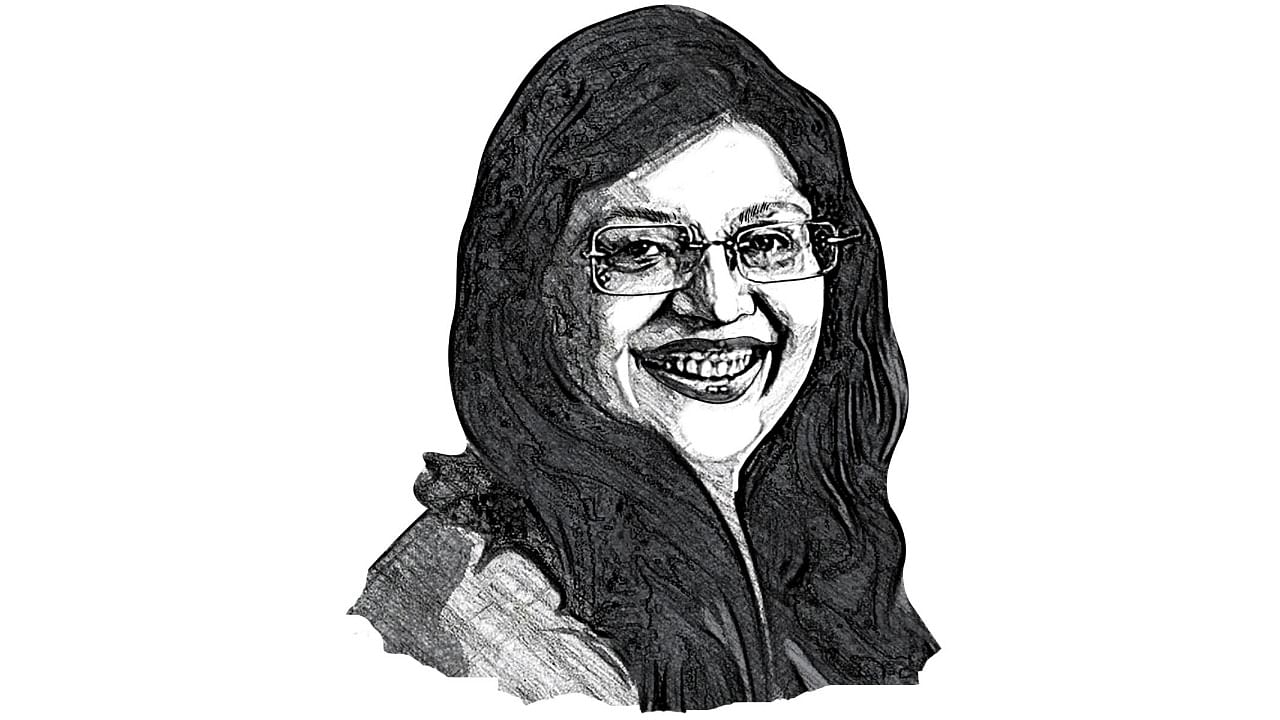We are submerged in news of crisis upon crisis -- the fourth wave of Covid-19, the war in Ukraine, and the new monkey-pox vaccine, as well as other internal and external threats. Meanwhile, a landmark report released by the United Nations Office for Disaster Risk Reduction a few weeks back warns us that we are accumulating risk upon risk, faster than we are able to find solutions for these crises. The report, Our World at Risk: Transforming Governance for a Resilient Future, is frightening, but soberly and factually so.
The report points to a few important issues. First, we see a strong and ramped up rhetoric of sustainability. International meetings to combat climate change and biodiversity collapse continue. An important one, Stockholm +50, was just convened by the UN last week, focused on “a healthy planet for the prosperity of all”. Countries across the world are signing up to increasingly ambitious targets to take action towards sustainable development – India included. Yet, current societal, political and economic choices are taking us in the wrong direction. In fact, as the report warns, we are moving dangerously – and rapidly! – in a direction of total societal collapse.
Some may seek to dismiss the report as a doomsday prediction provided by quacks and conspiracy theorists. It is, however, underpinned by solid science, and draws on our recent experience of the Covid crisis, which played out across different countries to illustrate two strong points.
First, the world as we know it today is interconnected. What happens in one part of the world affects us all. The economic shocks of the pandemic were felt in countries which were isolated from the pandemic in the early stages, well before the health consequences. The Russia-Ukraine war has affected the availability of sunflower oil, and driven up the prices of wheat, affecting households globally.
Second, the worst affected will always be those who are already most vulnerable, just barely staying afloat – the poor, the aged, women with young children, migrant workers, refugees, etc.
Multiple planetary boundaries are being transgressed. Air pollution, ocean acidification, atmospheric warming, freshwater nitrogen and phosphorus levels, and biodiversity loss are accelerating across the world. India is no exception. In Karnataka, we see the effects of short-sighted political profiteering trump over long-term environmental planning for resilience. We witness heatwaves rising, our drinking water and air is increasingly polluted, micro-plastics have entered our bloodstream and taken up residence in our organs. But planners continue to prioritise roads for private transport over trees and buses, build malls and apartments on lake beds and wetlands, and ignore the role of the environment in our daily lives – while making hollow pledges of their commitment to sustainability.
To ensure action, we need public pressure – more than ever before. A recent global letter makes such a plea. Convened by the International Science Council, Future Earth and the Stockholm Environment Institute, a group of engineers, scientists, social scientists and scholars of the humanities have drafted an open letter “to fellow citizens of the Earth”, pointing out that while humanity is at risk, it is in fact a small fraction of people, corporations and institutions who are responsible for most of the damage, while those in the poorer, vulnerable parts of the world will have contributed the least to the catastrophe looming at the horizon but will face the brunt of the impacts.
What can we, as readers and residents, do to change this trajectory? It requires a movement, like never before – and each of us have a part to play. As concerned citizens, we can spread the message to others. As individuals, we can examine and reduce our own footprints. As members of communities – at home and at work – we can form groups to tackle local challenges. And as citizens, we have a responsibility to let our elected representatives know that we demand a change. It takes a village to raise a child, and all of humanity to save the Earth.

